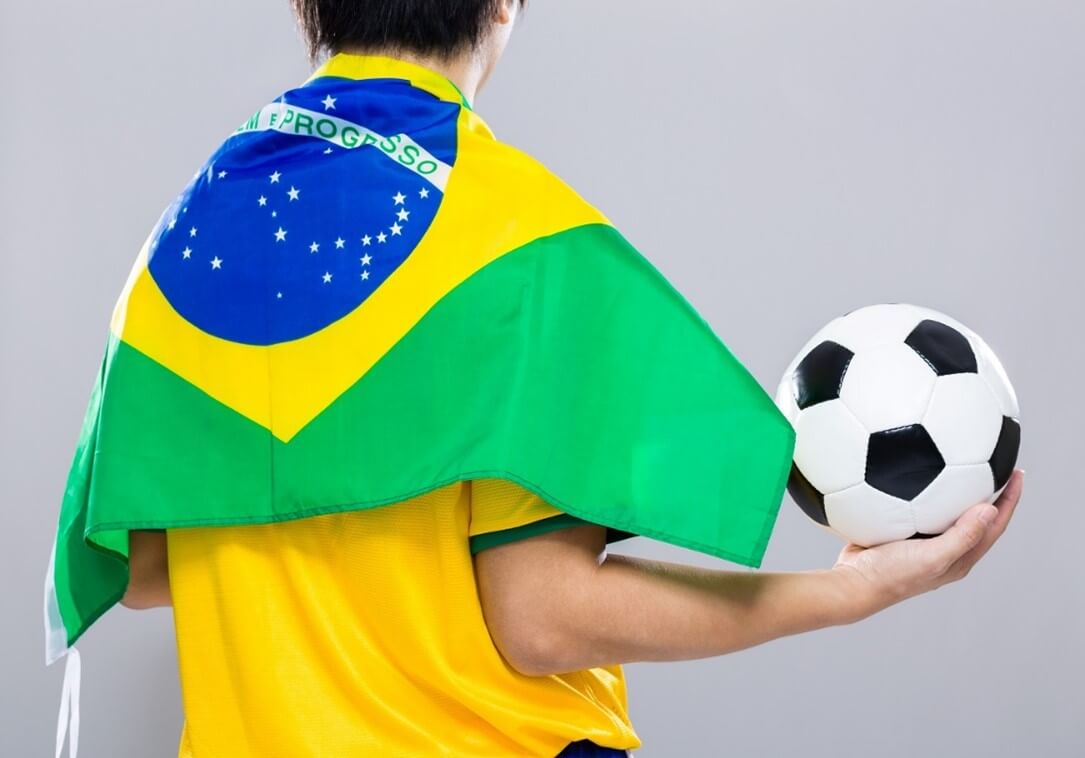Brazil looks to regulate monetized content on Internet

The internet speed in Brazil was generally considered to be average compared to other countries. According to a report by Speedtest Global Index, as of December 2020, the average fixed broadband speed in Brazil was 65.57 Mbps, ranking 73rd globally, while the average mobile download speed was 24.80 Mbps, ranking 63rd globally.
However, internet speed can vary greatly depending on the location and service provider. Larger cities such as São Paulo and Rio de Janeiro generally have better internet infrastructure and faster speeds, while more remote or rural areas may have slower speeds or limited access to high-speed internet.
It's worth noting that internet speeds can vary depending on several factors, including the type of connection, location, and service provider. However, overall, the UAE has a reputation for having fast and reliable internet, which is essential for its rapidly growing economy and tech-savvy population.

Internet freedom in Brazil
Brazil has a generally free and open internet environment, but there have been some recent concerns about threats to internet freedom in the country.
In terms of legal protections, Brazil has a strong legal framework for protecting freedom of expression online, including the Marco Civil da Internet (Internet Civil Rights Framework), which was passed in 2014. This law enshrines principles such as net neutrality and limits on the collection and sharing of user data.
However, there have been concerns about government surveillance and censorship in recent years. For example, in 2018, the Brazilian government passed a new data protection law that includes provisions allowing government agencies to access personal data without a court order in certain circumstances.
There have also been incidents of censorship, such as when the Brazilian government ordered social media platforms to remove content related to the COVID-19 pandemic that it deemed to be misinformation. Critics argued that this move represented an overreach of government authority and a threat to free expression.
Overall, while Brazil has a strong legal framework for internet freedom, there are concerns about government surveillance and censorship that could pose a threat to freedom of expression online.
Brazil looks to regulate monetized content on Internet
Brazil has been exploring the regulation of monetized content on the internet, with the aim of ensuring fair compensation for content creators and protecting consumers from fraudulent or misleading content. The Brazilian Senate has been considering a bill known as PL 2630/2020, also known as the "Fake News" bill, which includes provisions related to monetized content.
Under the proposed legislation, platforms such as Facebook, YouTube, and Twitter would be required to disclose the algorithms they use to recommend content to users. The bill would also require these platforms to provide information about the identity of individuals or organizations that pay for sponsored content, as well as to maintain records of content that has been removed for violating their terms of service.
In addition, the bill would establish a new regulatory agency, the Brazilian Data Protection Authority (ANPD), which would be responsible for enforcing the new regulations and protecting the privacy of internet users. The ANPD would have the power to issue fines and sanctions for non-compliance with the new regulations.
The proposed legislation has sparked controversy in Brazil, with some critics arguing that it could stifle free speech and innovation on the internet. Others argue that the bill does not go far enough in protecting users from disinformation and other harmful content.
VPN usage in Brazil has been on the rise in recent years. This is due in part to concerns over online privacy and security, as well as increased censorship and government surveillance.
According to a report by GlobalWebIndex, 23% of internet users in Brazil use VPNs. This is higher than the global average of 16%. The same report also found that VPN usage is higher among younger age groups and among those with higher levels of education.
VPNs are commonly used in Brazil to bypass internet censorship and geo-restrictions. For example, many Brazilians use VPNs to access content that is blocked in their country, such as streaming services like Netflix and Hulu. VPNs are also used to protect personal information and data from hackers and other cyber threats.